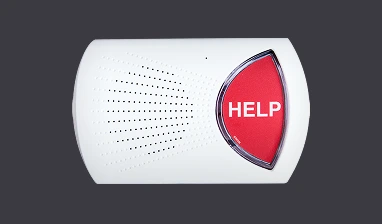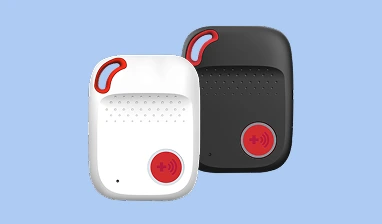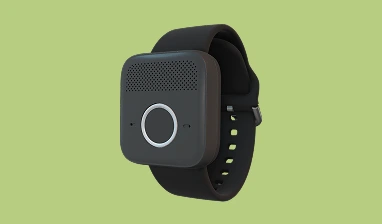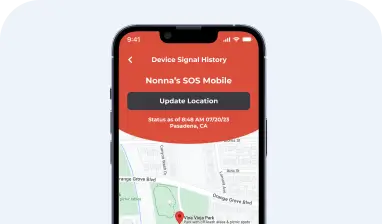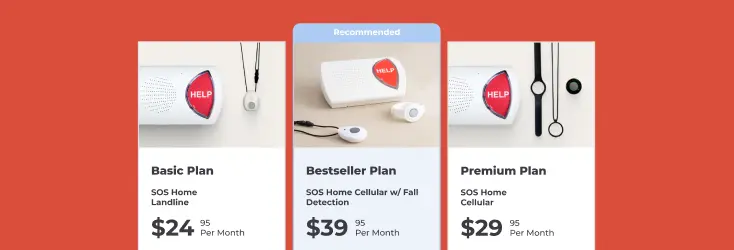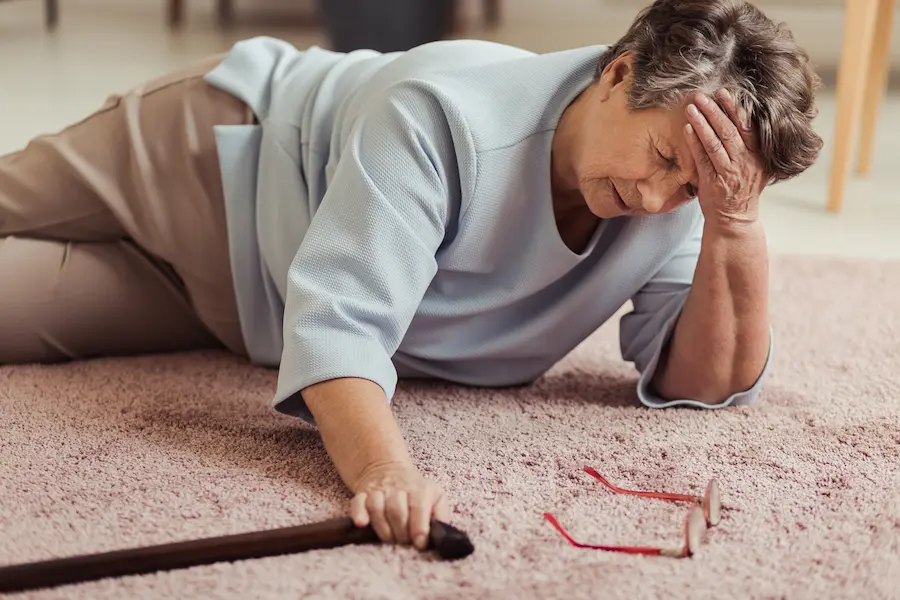When you are the primary decision maker for your aging loved one, you are the one advocating for their wishes and keeping their best interests at heart. But what happens when someone close to you disagrees with your approach? Even worse, what happens when strangers or mere acquaintances judge you for the decisions you make? Hearing backlash from family, friends, or strangers can make tough choices feel even more difficult, and it’s easy to take it personally.
Here are a few tips for understanding why caregiver backlash happens, as well as how you can best deal with it, without losing your temper or confidence.
Caregiver Backlash Is More Common Than You Might Think
It might be frustrating to hear disagreement with your decisions, especially when your loved one named you a Power of Attorney. However, caregiver backlash is quite common and can affect even celebrities with a lot of power.
For example, Emma Hemming Willis, the wife of actor Bruce Willis, has been in the spotlight for the past few years, caring for her husband as he lives with frontotemporal dementia. She has received plenty of public praise for advocating for caregivers and speaking candidly about the tough moments that she faces daily.
However, with all the praise comes unsolicited opinions and backlash. Recently, Emma sat down for a talk with Oprah Winfrey, where she disclosed that she received negative feedback for a decision to move Bruce into his own house on their property so that he could get the care he needed without disrupting the lives of Emma and Bruce’s children.
While it seems like Emma should be able to make decisions that benefit her family, it also seems like everyone feels entitled to have an opinion about it. This is caregiver backlash, and it doesn’t just happen to high-profile celebrities. It can happen to you, too.
Reasons for Caregiver Backlash
Caregiver backlash can feel like a personal attack on your integrity, decisions, and relationship with your aging loved one. However, it is very rarely about you at all and instead is typically a symptom of something else entirely:
- Anxiety about what is to come
- Grieving
- Feeling left out
- Rehashing a complicated relationship with their loved one or their role in the family structure
- Unresolved anger
- Guilt
This is all to say that if you are on the receiving end of backlash, it is almost never about you or your decisions. Instead, the person who is disagreeing, judging, or arguing is likely dealing with unresolved emotions, and you are just an unlucky target.
How to Handle Caregiver Backlash
Even if you learn the reasons why a family member or other person might be judging or arguing with you, it can still be difficult not to take the attacks personally. Here are a few ways that you might be able to successfully handle the backlash without ruining your own mental health. Pick a few strategies to try and tweak them to fit your current situation.
- Ensure that everyone in the family understands the Power of Attorney designations and what they entail. If you need to invite your aging loved one’s attorney to write a note or lead an informational session for the entire family, request one (you’ll be billed hourly for this service, but it might be worth it in the end).
- Remind yourself that you are advocating for your aging loved one’s wishes. As a POA, you hopefully have had the hard conversations with your loved one already. You can choose to share your loved one’s words and choices with other members of your family, if you believe it will help.
Try saying, “Dave, mom told me that she never wanted her failing health to impact the rest of us. She wanted to be able to go to the memory care community she helped choose when it became unsafe or unhealthy for her to stay at home.”
- Get recommendations from your loved one’s medical team to share with arguing family members as needed.
Try saying, “Ellie, mom’s doctor said that if she returns home without going to a skilled nursing facility first for more therapy, the chances of her falling again are high.”
- If you think it will be productive, invite family members together to learn about a specific situation and brainstorm solutions. Not every decision has to be made as a group, but if you believe that your family members just want to be informed and a part of the process, this could be a good option to try. Give it a go with a low-stakes decision at first to see how they respond.
- Keep your family members informed. Often, argumentative or judgmental family members simply don’t understand what is really happening with your loved one’s health. For example, if you are the primary caregiver and live only a few blocks from your aging loved one, you’ll know more about how they are doing on a daily basis than your sister, who lives across the country and checks in a few times a month with a phone call. Try starting a family group text, email thread, or Google doc to keep them updated with your observations, physician reports, and other medical recommendations.
- Get your family members involved with other parts of caregiving. Perhaps they can take care of setting up Meals on Wheels or scheduling free transportation to and from physician appointments. Include them in notifications for emergency calls and location tracking on your loved one’s medical alert device. Being more involved will not only give them a better glimpse into your loved one’s challenges, but it can also help them feel like they are doing something to help.
- Set your own boundaries. If people in your life are making you feel bad for the tough decisions your loved one tasked you to make on their behalf, stand up for yourself. Set firm limitations on how you will allow others to speak to you, and follow up with appropriate consequences.
Remember, your role as a decision-maker is hard enough. You don’t need to take the backlash from others who are working through their own complex emotions.
